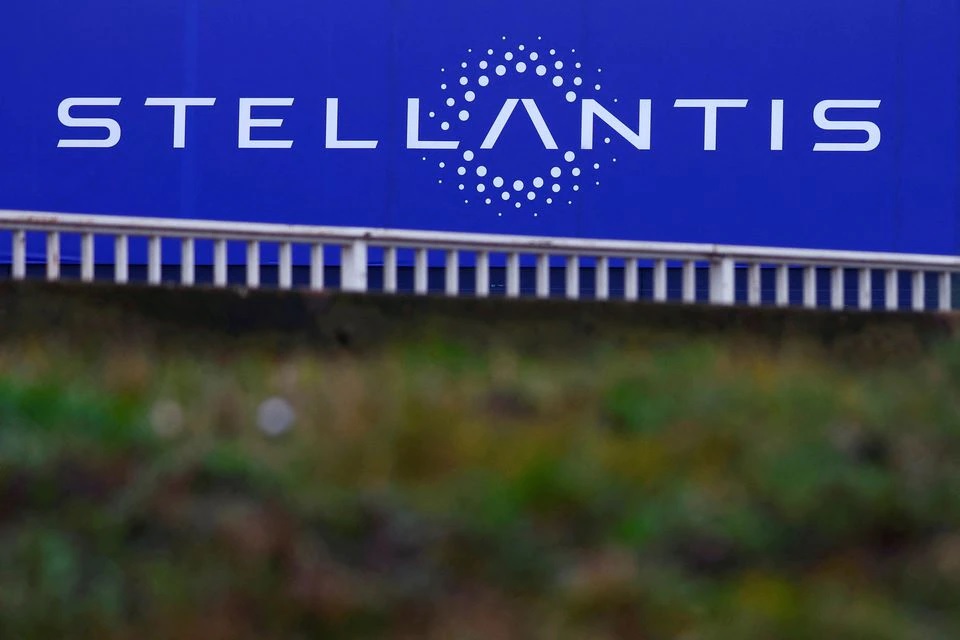- Net revenue rose 29% in Q3 to 42.1 bln euros
- Shipments grew 13% in Q3 to 1.281 mln vehicles
- BEV sales up 41% year-on-year to 68,000 units
MILAN, Nov 3 (Reuters) – Revenues at Stellantis (STLA.MI) rose 29% in the third quarter as improved semiconductor supplies helped to boost sales volumes, the owner of car brands including Fiat and Peugeot said in a statement on Thursday.
But while the semiconductor crunch was easing, other supply chain issues made an impact, especially around logistics in Europe, for what is now the world’s third largest carmaker by sales.
They led to an increase in the group’s vehicle inventory stock, with Stellantis Chief Financial Officer Richard Palmer saying the industry as a whole was facing a shortage of trucks and drivers.
“These issues have impacted our ability to convert our strong order portfolio into sales in Europe,” Palmer said presenting Stellantis third quarter revenue data to reporters.
“We expect obviously to resolve those going into the fourth quarter,” he added.
Milan-listed shares in Stellantis were down 1.8% by 0915 GMT, broadly in line with the European automotive stock index (.SXAP).
Martino De Ambroggi, an analyst at Milan-based broker Equita, said despite the increase, Stellantis inventories were still at a lower than normal level, “which leaves room for maintaining positive price-mix at least in the short-term”.
German premium carmaker BMW (BMWG.DE) reported better than expected quarterly net profit on Thursday thanks to high car prices but warned that rising inflation and interest rates would start to weigh on sales in the coming months.
Palmer said the company was currently seeing “no red light flashing” on possible energy constraints affecting its supply chain and that the level of concern was now lower compared to a few months ago, as “everyone is taking actions”.
“If the winter is normal, let’s say, then I think we’re reasonably confident that we can manage production without any significant interruptions,” Palmer said.
He conceded however that Stellantis “very extensive supply chain” could pose a risk.
“Small hiccups in suppliers can create big complexities for us in terms of the completion of vehicles,” he said.
Stellantis net revenues amounted to 42.1 billion euros ($41.3 billion) in the July-September period, topping analyst expectations of 40.9 billion euros, according to a Reuters poll.
Strong pricing and favourable forex also supported revenue growth, the company added.
Consolidated shipments rose 13% in the quarter to 1.281 million units, Stellantis said, also confirming what analysts call a vague forecast for a double-digit margin on adjusted operating profit and positive industrial free cash flow this year.
The group’s global sales of battery electric vehicles (BEV) rose 41% year-on-year to 68,000 units. ($1 = 1.0190 euros)











